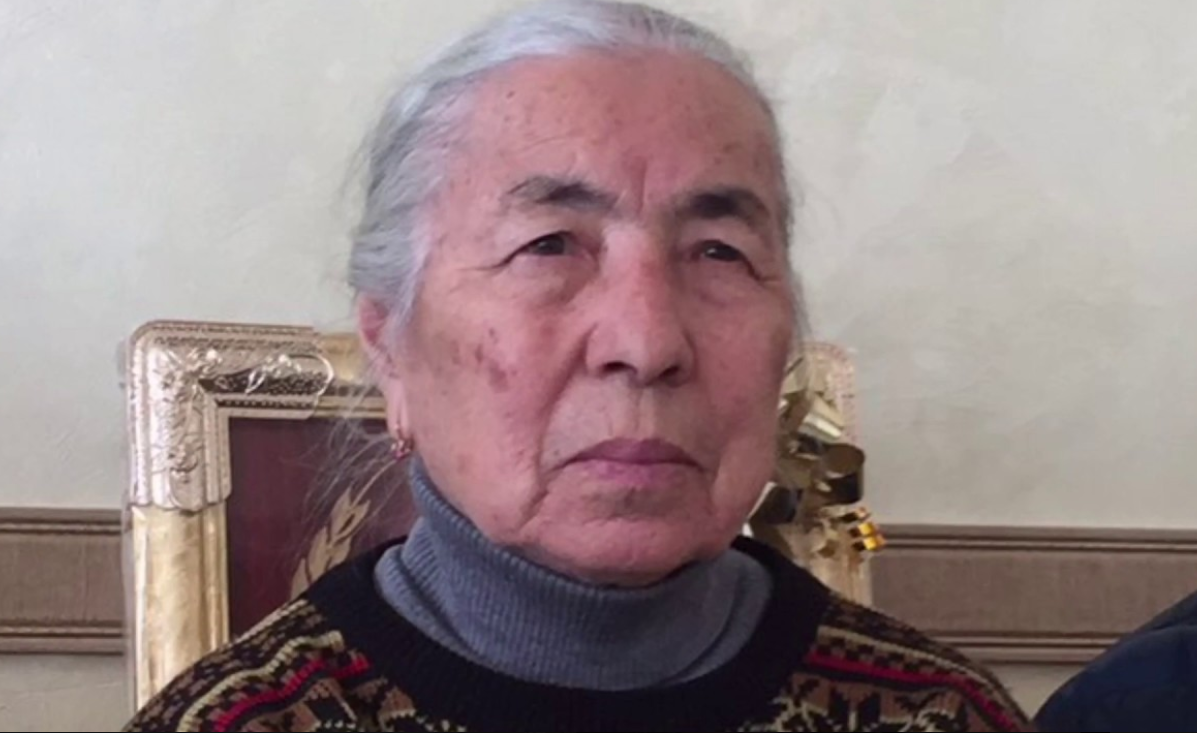
The International Court of Justice ruled Nov. 8 that it has jurisdiction to hear a case filed by Ukraine against Russia over claims of ethnic discrimination in annexed Crimea, as well as Moscow support of pro-Russian separatists in Ukraine’s east. The case argues that Russian abrogation of the rights of the Crimean Tatars violates the International Convention on the Elimination of All Forms of Racial Discrimination. The claims concerning the eastern separatists invoke the International Convention for the Suppression of the Financing of Terrorism. Moscow had asked the court to dismiss the case, arguing that Kiev was attempting to use the proceedings to reach a ruling on the legality of Russia’s 2014 annexation of Crimea. This argument was rejected, meaning that the case may now move forward—five years after it was brought.
On the same day as the ruling, Ayshe Seitmuratova, an 82-year-old veteran of the Crimean Tatar national movement, Soviet-era dissident, former political prisoner, and historian, was detained by Russian security forces on the border between Russian-occupied Crimea and mainland Ukraine. She was apparently detained at a chekpoint while attempting to cross into the Ukrainian mainland at Chaplynka. Russian FSB officers at Chaplynka refused to allow her through the checkpoint, claiming that she is a “foreigner” and must cross at Chonhar, over 120 kilometers away. After being briefly held, she was allowed to return to her home in Simferopol, Crimea’s capital. (WaPo, DW, Kharkiv Human Rights Protection Group)
Separately, Ukraine has a case actually challenging the legality of Russia’s Crimea annexation pending before the European Court of Human Rights (ECHR). The case is based on the European Convention on Human Rights, to which Russia is a signatory (although it has not ratified). (Ukrainian News, Ukrinform)




